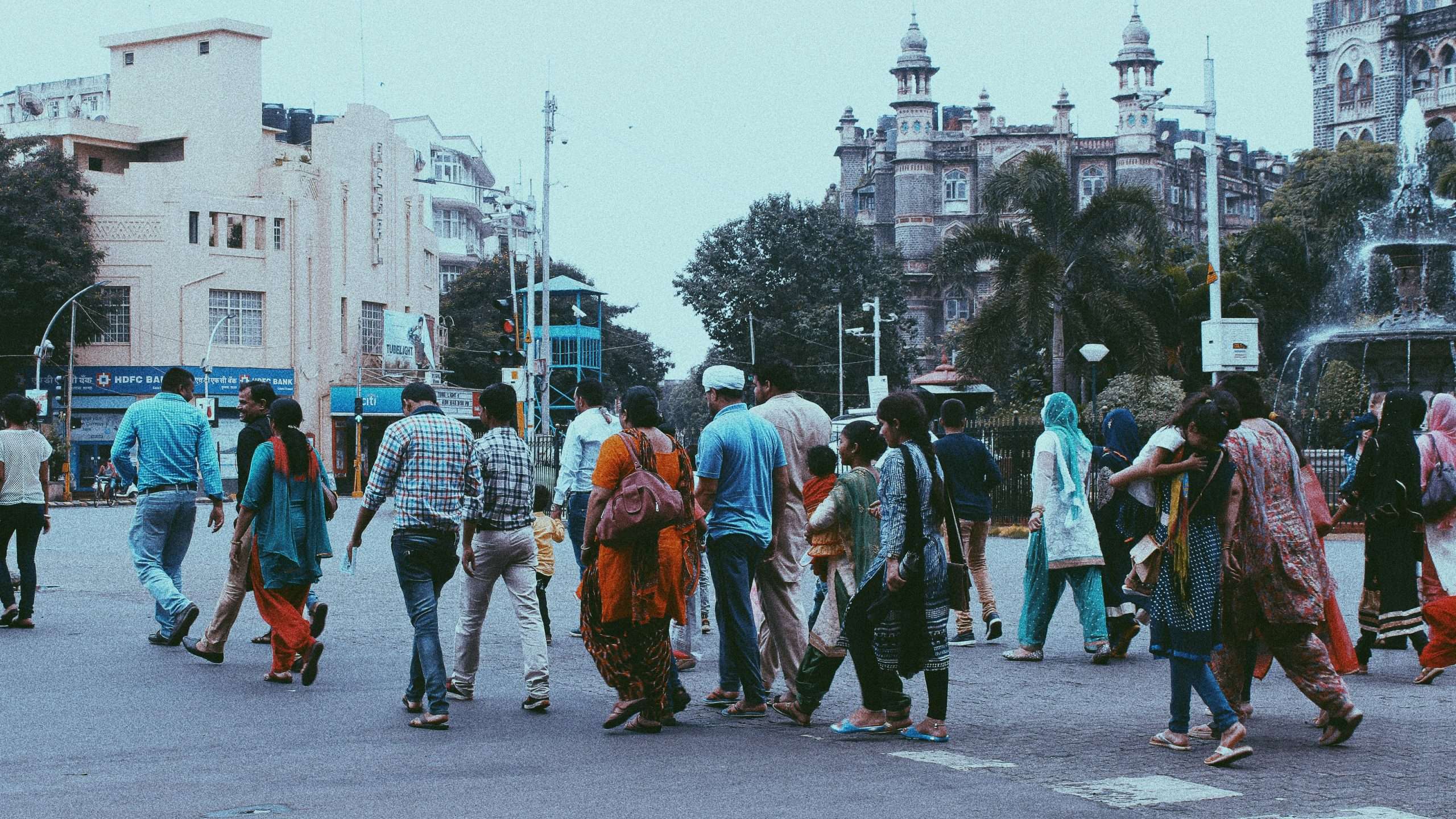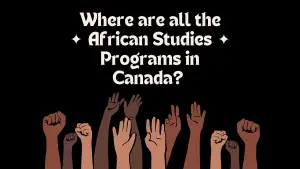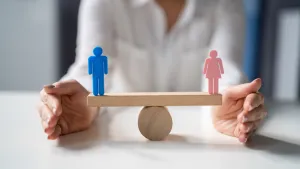Urban sociology is the study of the social structure and processes within cities and metropolitan areas. It’s a field that examines how people interact with each other, how institutions function, and how urban environments affect social behavior. While urban sociology may seem like an abstract concept, it has practical applications that can benefit individuals, communities, and society as a whole. In this post, we’ll explore some practical examples of urban sociology and potential careers in the field.
Understanding Urban Poverty
One of the practical applications of urban sociology is understanding and addressing urban poverty. Urban poverty is a significant social issue that affects millions of people around the world. Urban sociologists study the causes and consequences of poverty in cities, including the role of housing, employment, education, and healthcare. By understanding the root causes of poverty, urban sociologists can work to develop policies and programs that help people in need.
For example, urban sociologists may study the impact of affordable housing programs on reducing poverty. They may also examine the effects of education and job training programs on improving employment opportunities and reducing poverty rates. By understanding the social and economic factors that contribute to poverty, urban sociologists can develop more effective strategies for addressing this pressing social issue.
Improving Urban Planning and Design
Another practical application of urban sociology is improving urban planning and design. Urban sociologists study the ways in which people use and interact with urban spaces, including streets, parks, and public transportation. They also examine the impact of urban design on social behavior, such as crime rates and social cohesion.
For example, urban sociologists may study the impact of pedestrian-friendly streets on improving public safety and encouraging social interaction. They may also examine the impact of public transportation systems on reducing traffic congestion and promoting economic development. By understanding the ways in which urban design affects social behavior, urban sociologists can help create more livable and sustainable cities.
Some studies have shown photovoice to be an effective sociological research method used to collect information from the public in order to suggest fair and equitable solutions to local problems.
Careers in Urban Sociology
There are several potential careers in urban sociology, including:
- Urban Planner: Urban planners use their knowledge of urban sociology to design and implement plans for urban development. They may work for government agencies, non-profit organizations, or private companies.
- Community Development Specialist: Community development specialists work to improve the social and economic well-being of communities. They may be responsible for developing and implementing programs aimed at addressing poverty, promoting affordable housing, or improving education and healthcare.
- Housing Specialist: Housing specialists work to improve access to affordable housing. They may be responsible for developing and implementing programs aimed at providing housing assistance to low-income families, seniors, or people with disabilities.
- Transportation Planner: Transportation planners use their knowledge of urban sociology to design and implement transportation systems that meet the needs of urban residents. They may be responsible for developing and implementing plans for public transportation, bike lanes, or pedestrian-friendly streets.
- Urban Researcher: Urban researchers conduct research studies on urban issues, including poverty, housing, transportation, and public safety. They may work for government agencies, non-profit organizations, or research institutions.
Conclusions on the Practicality of Urban Sociology
Urban sociology may seem like an abstract concept, but it has practical applications that can benefit individuals, communities, and society as a whole. By understanding the social structure and processes within cities and metropolitan areas, urban sociologists can help develop policies and programs that address social issues such as poverty and improve urban planning and design. If you’re interested in pursuing a career in urban sociology, there are several potential career paths that allow you to make a positive impact on the world.







